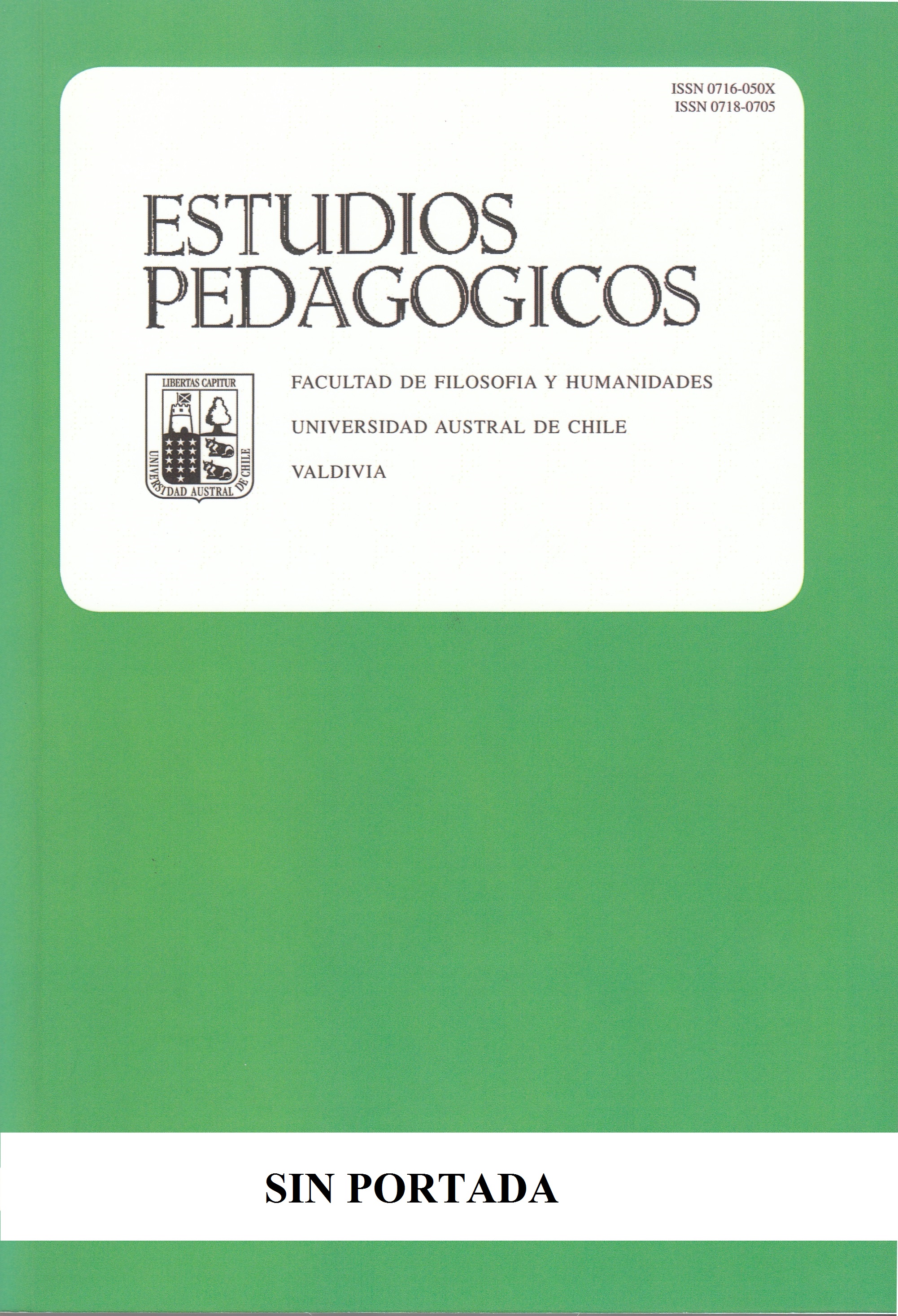The assessment of comprehension in learning: ICT in the knowledge structures' analysis
Main Article Content
Abstract
Quantitative-summative assessment usually devotes not much attention to the organisation of knowledge, though it is a dimension as or more important than the amount of retrieved information for describing the accomplished learning and, particularly, the possible use of it. These traditional systems of assessment commonly involve response procedures that are only indirectly related with a comprehensive learning, such as discarding options in multiple response exams or repeating memorized texts.
ICT provides means for reaching beyond fragmentary data and analyse full knowledge structures. Specifically, the computer project ListLink assesses knowledge through the links established between two lists of concepts: A short list of general concepts and a larger list of more specific ones. Once processed this data makes existing knowledge structures emerge and also provides precise feedback in order to optimise them.

